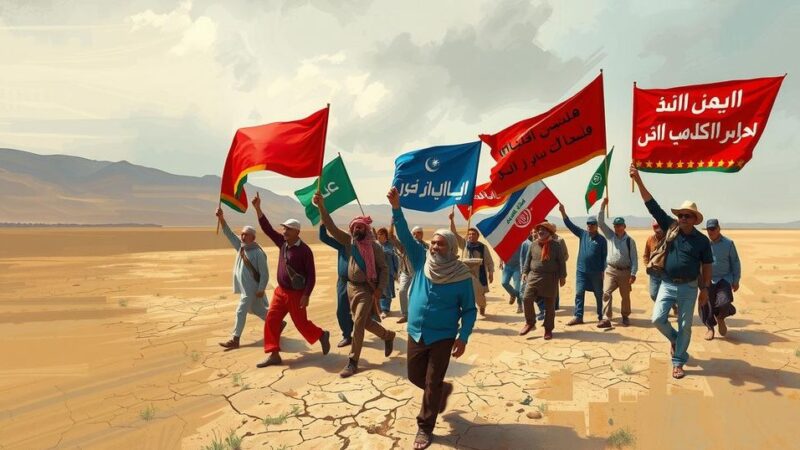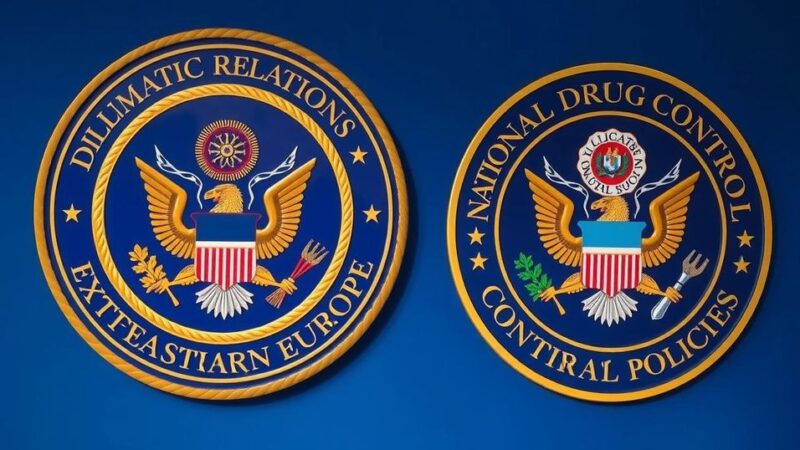This article examines the Liberian Senate’s role in addressing national security concerns, with a focus on the United Methodist Church’s issues. It emphasizes the Senate’s legal authority to summon groups for dialogue, the historical precedent of legislative intervention, and the necessity for bipartisan cooperation to navigate potential crises. By actively engaging in discussions, the Senate can uphold democratic values and promote national unity.
The Liberian Senate plays a crucial role in addressing national security issues, particularly in the context of the United Methodist Church’s current dilemmas. The Senate’s power to summon individuals or groups stems from its constitutional mandate to uphold governance’s transparency and accountability. This authority is vital for preventing potential societal discord that can escalate into national security concerns, such as political tensions or sectarian strife.
Historically, the Senate has intervened in national issues through legislative actions, exemplified by the United States Senate’s involvement in civil rights movements during the 1960s. In Liberia, the Senate has facilitated peace negotiations during civil conflicts, illustrating its importance in governance and national reconciliation. The Senate must not remain passive amid internal conflicts within religious organizations, as these may have far-reaching implications for societal harmony.
The issues within the United Methodist Church in Liberia necessitate active involvement from the Senate, as internal governance disputes and theological disagreements threaten the church’s unity and could disrupt social cohesion across the nation. Acknowledging its vital role, the Senate should assert its right to summon church leaders to foster dialogue and address these conflicts before they escalate into national security issues, thereby safeguarding Liberia’s hard-won peace.
The legal authority of the Senate is supported by Article 34 of the Liberian Constitution, which grants it the power to conduct investigations and summon witnesses. This constitutional framework upholds checks and balances, ensuring that the Senate can counterbalance executive authority, especially regarding issues affecting the population. Engaging in discussions about significant societal challenges, the Senate maintains peace and stability at both community and national levels.
Though the Senate’s power is often impeded by partisan politics within the Liberian political landscape, where loyalty to political parties can overshadow genuine governance, it is crucial for Senators to prioritize the nation’s collective welfare. The situation within the United Methodist Church underscores the necessity for Senators to work collaboratively, as bipartisanship can effectively address underlying tensions that may threaten national security.
In light of the current circumstances, the Senate must judiciously utilize its power to connect with church leaders and facilitate reconciliation efforts. This engagement is not solely the Senate’s responsibility; all stakeholders, including civil society organizations and community activists, must embrace dialogue that champions unity over division. Through such collaborative efforts, the Senate can uphold its constitutional responsibilities while contributing to social stability and national security in Liberia. In summary, the Senate’s proactive involvement is pivotal in resolving contentious issues and ultimately fostering a harmonious society.
In conclusion, the Liberian Senate plays a critical role in addressing national security issues, particularly those arising within influential organizations such as the United Methodist Church. The Senate possesses the legal authority to summon groups and facilitate discussions to mitigate potential crises. Despite the challenges posed by partisan politics, Senators must transcend these divisions to act in the national interest. A collaborative approach involving various stakeholders will be essential for fostering understanding and maintaining social stability in Liberia.
Original Source: frontpageafricaonline.com






